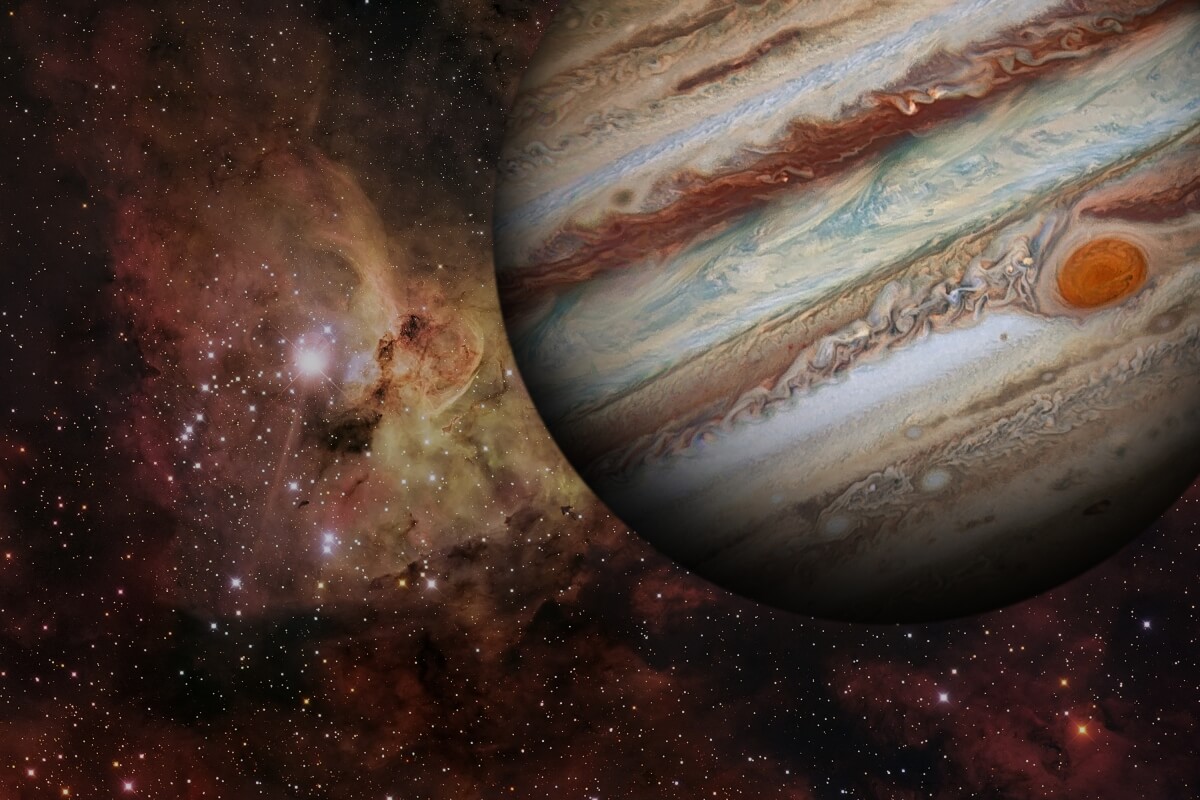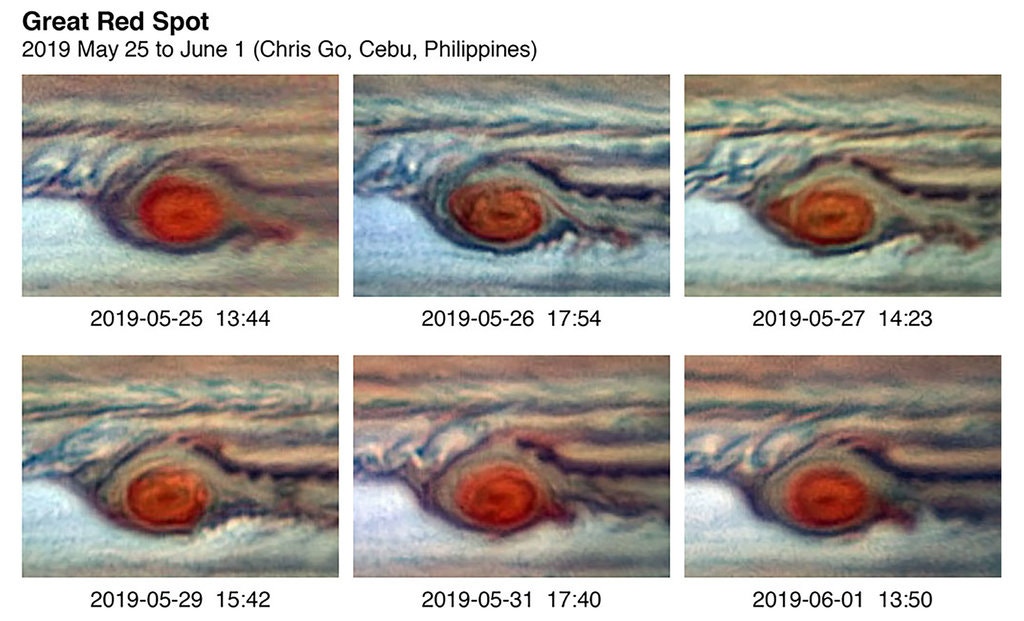In brief: Amateur astronomers earlier this year observed what appeared to be a systematic breakdown of Jupiter’s Great Red Spot, the largest known storm in our solar system. Experts from the University of California disagree with the conclusion that some reached and instead believe what we observed was little more than normal weather phenomenon.

Multiple storm trackers observed what appeared to be large sections of the storm – described as flakes, blades and hooks – peeling away from the main spot. These led some to conclude that the giant storm may be winding down after raging on for centuries (that we know of, at least) and maybe even longer.
Not so fast, says Philip S. Marcus, a professor of fluid mechanics at the University of California.

During a news conference at a meeting of the American Physical Society in Seattle this week, Marcus said they “beg to differ with that conclusion.” Instead, Marcus and his team believe what we saw is simply the result of normal weather on the gas giant.
Specifically, what we observe from here on Earth are the clouds high atop Jupiter’s atmosphere. These aren’t necessarily representative of what is happening with the actual vortex that is swirling hundreds of miles below.
“You can’t just conclude that if a cloud is getting smaller that the underlying vortex is getting smaller,” Marcus said.
By studying computer simulations, Marcus and his colleagues observed that clouds of anticyclones aren’t always indicative of the underlying storm. The shearing that astronomers observed was likely the result of a cyclone coming close to the Great Red Spot and the winds of the two interacting. This, mixed with a smaller storm merging with the anticyclone, could produce what we saw earlier this year.
Masthead credit: Jupiter by NASA images
https://www.techspot.com/news/82932-jupiter-great-red-spot-likely-isnt-dying-after.html